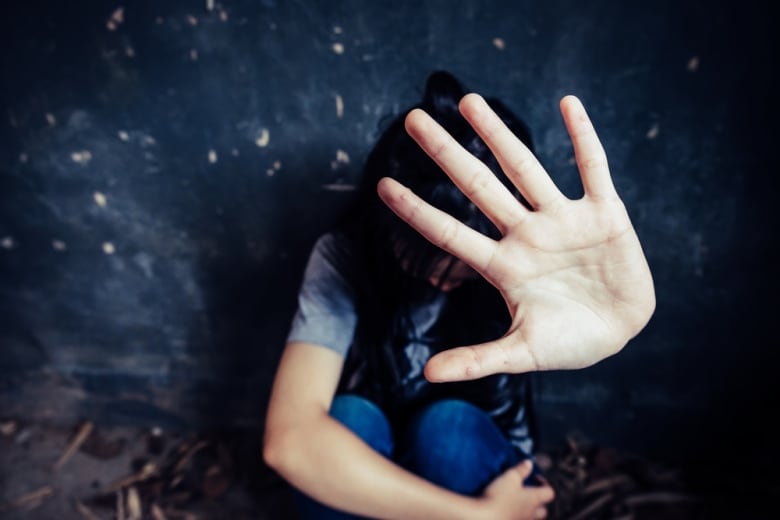Panel to explore demand fuelling human trafficking in N.S.
'It is not a human right to purchase sex from somebody,' says former sexual exploitation victim
Cheyenne Jones wants to get to the root of what's fuelling human trafficking in Nova Scotia. For her, it's buyers who create the demand.
"Our society has allowed … men with very low moral values to think that they have the right to purchase sex from another person," said Jones, who was the victim of sexual exploitation more than 20 years ago.
"It is not a human right to purchase sex from somebody. And we think that the people who are doing that need to be held accountable."

Jones will be one of the speakers Saturday at Buyer Beware, a panel discussion about human trafficking and sexual exploitation at Saint Mary's University in Halifax. The event will be held from 9 a.m.–1 p.m. and is free and open to the public.
Jones now helps the victims of human trafficking.
"This is happening in our city, and it's happening on a very large scale, and it's happening to children as young as 12 and 13," she said.
"And when I first heard that, I made a vow in my heart that it's not going to happen on my watch.… I am not going to be silent about this issue and I'm going to continue to do whatever I can."
In 2018, a Statistics Canada analysis found a rising trend in the number of incidents of human trafficking reported by Canadian police services between 2009 and 2016.
In 2009, fewer than 50 incidents were reported. In 2016, that number rose to 340.
There were 63 incidents reported in Nova Scotia over the 2009-2016 time period, with 58 of them from Halifax. Of the provinces and territories, Nova Scotia had the highest rate of incidents at 2.1 per 100,000 people.
Jones said she suffered childhood trauma and sexual abuse, which made her vulnerable to be sexually exploited. She was led into the world of prostitution in her early 20s in Halifax.
She worked for a call service. But within a year she walked out of the sex trade and moved to Toronto to begin a new life.
She returned to Halifax about seven years ago.
"(It) literally one day just popped into my head, 'What am I doing here? I do not want this lifestyle to be my destiny,'" she said.
"And literally one day I got up and I walked out the door. Back in those days we had pagers. I smashed my pager and I never looked back."

Dr. Heather Thompson, an obstetrician and gynecologist in Amherst, N.S., and Ontario, will speak about health effects of sexual exploitation in women.
In addition to working as a doctor, Thompson is also the maternal health advisor of Global Health Promise, a non-governmental organization working globally to help mothers who are sexually exploited.
Thompson said when was doing her research there was one thing that jumped out at her.
"There (were) a lot of self-reports of women of various symptoms that they experienced various sexually transmitted infections," Thompson said.
"But when you dig a little deeper, the biggest health issue that jumped out at me is death and violence. These women have a 40 times higher rate of death … than the general population and 75 per cent at least experience violence either at the hands of johns or pimps."

In terms of mental health, Thompson said the most common complaint among female abuse victims is depression and a higher rate of substance abuse.
"In terms of my presentation I really just want to bring to light … that victims of sexual exploitation suffer both physically and mentally in significant ways, and just to humanize them."
Other speakers include journalist and author Victor Malarek and anti-human trafficking advocate Shauna Davidson.
MORE TOP STORIES

